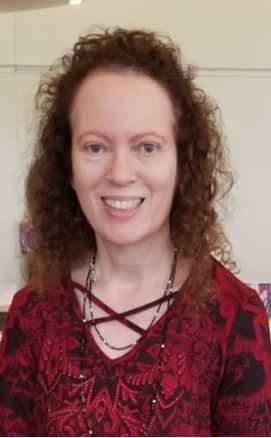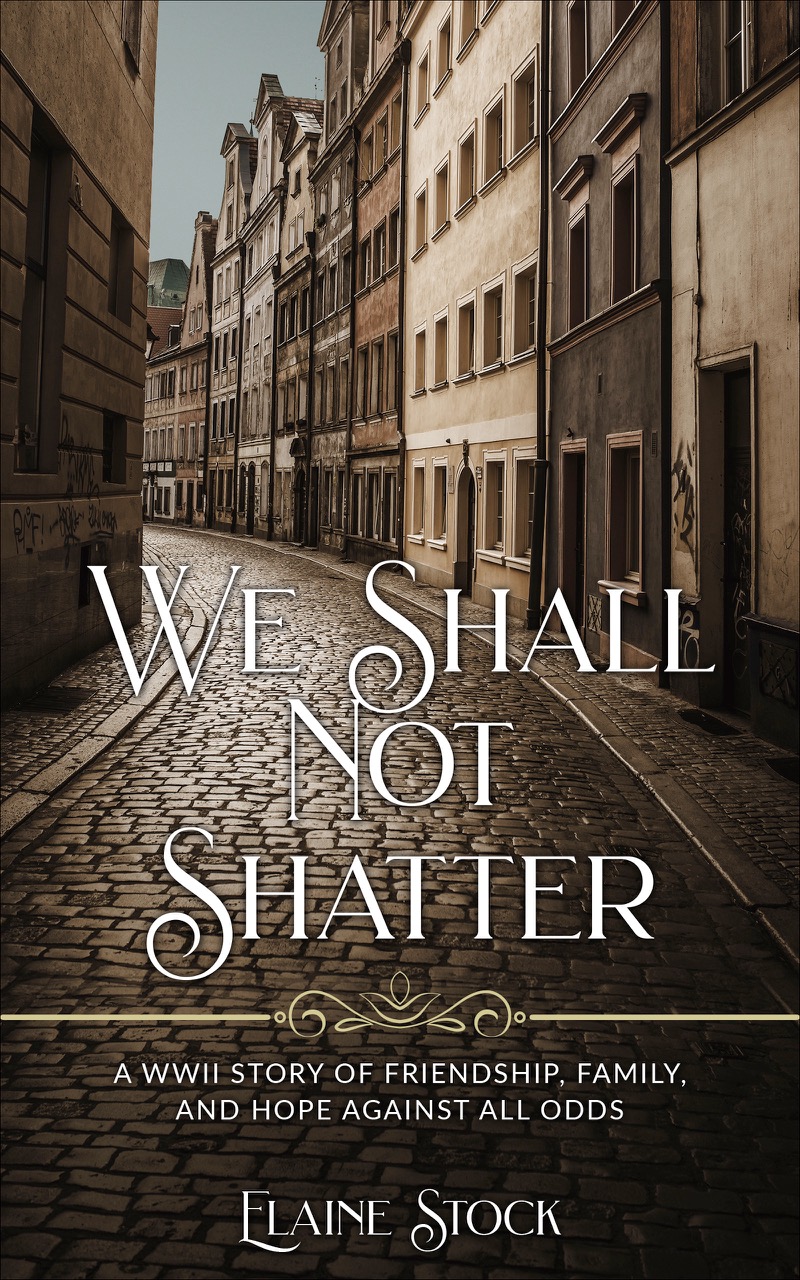
1) Tell me a bit about you
First, thanks for inviting me and sharing about my writing with your followers. I’m quite honored!
I’m a complex but not really person. A quiet and often introverted person, I morph into a whole different person when I’m near books and anything doing with them, and/or when creating stories or wearing my “author” clothes (believe me, radically different from what I wear as I type away sitting before my laptop beside my snoring cat). There’s something magical, endorphin-releasing and personality liberating about writing … probably because I can create the world I want and, at least for a little while, block out reality and all of its demands. Storytelling and books are my version of Disney Land, and I’m thinking this might be true for readers as well.
The “not really” part of who I am: Born in Brooklyn, New York and living in upstate, rural NY for more decades than a city gal, I’m married, work a day-job plus do the bookkeeping for my husband’s business, try my very best to squeeze in writing time while dreaming of an only-writing career, and run around doing errands and tasks just like anyone else.
2) Summarise your writing career – works released etc…
My upcoming novel release of We Shall Not Shatter, Book 1 of the Resilient Women of WWII Trilogy, marks my huge departure from publishing inspirational fiction to writing historical fiction for the General Reading Market. While I cut my author-teeth on the former fiction, I discovered that my author-voice does not lend itself to that restricted reading audience… it is just not for me.
3) Why did you take up writing?
With my mother always with a book in her hand, as well as devoted to taking me to the public library on a weekly basis, and having many visits with my aunt who was a fabulous oral storyteller, I grew up happily immersed in the charm of story. While I did win a writing contest in third grade (just don’t ask me what it was about—LOL) and dabbled in writing fiction in high school (on the hobby level), it wasn’t until my mother passed away when I was 26 that I took my own writing more seriously. She was a wonderfully creative woman—wrote poems and loved all things culturally like movies, shows, music, and museums. However, she also suffered from a mental illness that robbed her of many joys and prevented her from pursuing her writing interests. Her death was a wake-up call for me: If I wanted to write and publish, I better get myself in gear and get going. Yet, it took me many years until my work was published.
4) What inspires your story ideas?
While I’m fascinated by so many things and the psychology (I was a former psych major back in my college days) of how people are wired and behave, the major draw for me and what I focus on in my stories is how people not only survive despite the odds stacked against them, but how they thrive. I find these type of stories to be so encouraging and uplifting that I am a perpetual reader and writer of these motivational tales. I can only hope my readers recognize that and appreciate it.
As for writing We Shall Not Shatter, the story brewed for years. And, I do mean years. I grew up in the shadows of my grandfather’s death (he passed 3 months before my father was born, which was 4 days after Pearl Harbor was bombed). Whether out of fright or wanting to keep her husband close in her heart, my grandmother would not share details about her husband who journeyed over with (most of) his family from Brzeziny Poland to Brooklyn on one of the last ships that crossed the Atlantic before passengers were stopped when WWI broke out. I spent years wanting to know more about my paternal heritage.
Above, I noted “most of” when it came to my grandfather’s immediate family. The one major exception was his oldest sister—a young teen then. She was born deaf. My grandfather was hearing-abled, but a few other siblings were also deaf. My great aunt wasn't permitted into the US when her immediate family passed through the health inspections at Ellis Island (the younger children were deemed too young to be closely inspected for deafness, which was then considered a risky health issue for US entry). My great aunt—either she was purposely left behind in Brzeziny or was rejected in the US and sent back (the little I learned from a meeting with two of the remaining deaf siblings when I was in my twenties didn’t clarify this because back when these elderly relatives were children, the family refused to elaborate about this oldest child, let alone talk about “the old country”). However, I did learn that my great aunt perished in the Holocaust, along with my older relatives who had remained in Brzeziny. Creating my character Aanya was a nod to what a woman with a perceived "disability" can do; Aanya fell in love, married, had children, and pursued a career in medicine--traits and goals that weren't expected of the deaf to accomplish by not only community standards, but by the Nazi Party. As for Zofia, the other main character, though married, her husband goes missing and she must raise her son as a single-parent as well as redefine who and what and where is family and home.
5) What are you most proud of in your writing career so far?
I haven’t given up hope, meaning book-wise, I’ve pursued exactly what I’ve wanted to write.
6) Are you an indie author or traditionally published? How have you found the experience?
My first published novel, Always With You, was released by a small traditional press. Then, already out-growing the inspirational market, I ended up indie-publishing a few short stories in anthology collections and 4 indie-published novels (still in the inspirational market). My personal favorite from those years was Her Good Girl. I then decided to change to historical fiction. I wrote We Shall Not Shatter originally as a dual-timeline story, but something was still off. I then re-crafted it as straight historical and Zofia and Aanya’s (the two main characters) story took off. Amsterdam Publishers quickly took on the book; AP is a small traditional publisher but is Europe’s largest publisher of WWII and Holocaust fiction and non-fiction.
7) What advice would you give to aspiring writers?
If you truly want to write and publish determine the following: do you want to do so as a hobby or for others to see (other than family and friends)? Then, learn as much as you can about publishing. And keep learning. My biggest advice: Dare yourself to fly! In other words, accept and permit yourself to change writing styles and genres and markets. Grow.
Bio:
Elaine Stock writes Historical Fiction, exploring home, family and friendships throughout time. She enjoys creating stories showing how all faiths, races, and belief systems are interconnected and need each other.
Fascinated by the strong will of people to overcome the horrors of the world war eras, she wrote We Shall Not Shatter, Book 1 of the Resilient Women of WWII Trilogy, inspired by her deaf great aunt who was left behind as a teenager in Brzeziny, Poland and perished in the Holocaust. The novel has earned the Historical Fiction Company 5-star and “Highly Recommended” Review and won the Finalist Award in the Historical WWI-WWII category of the Historical Fiction Company 2021 Contest.
Elaine is a member of Women’s Fiction Writers Association and The Historical Novel Society. Born in Brooklyn, New York, she has been living in upstate, rural New York with her husband for more years than her stint as a city gal. She enjoys long walks down country roads, visiting New England towns, and of course, a good book.
Links to connect with Elaine:
Website: https://elainestock.com
Twitter: http://www.twitter.com/ElaineStock
Facebook: https://www.facebook.com/AuthorElaineStock
Goodreads: http:/goodreads.com/ElaineStock
BookBub: https://www.bookbub.com/authors/elaine-stock
Amazon: amazon.com/author/elainestock

We Shall Not Shatter
Book Blurb:
An unforgettable story of friendship, family and hope as two courageous young women face one of history’s most horrific tragedies.
Brzeziny, Poland, 1939 Zofia’s comfortable-lifestyle overturns when her husband, Jabez, who monitors Nazi activity, has gone missing. Rather than fleeing the country with her young son, as she had promised Jabez who is fearing retaliation, she decides to stay. She cannot possibly leave her friend, Aanya. Since their childhood they have amazed fellow Brzeziners that it does not matter that Aanya is Jewish and deaf, and that Zofia is Catholic and hearing. Now, more than ever with war looming, Zofia will do whatever is necessary to protect her family and Aanya.
As both love and war approach their Polish town, Zofia and Aanya must make choices that will change the meaning of family, home, and their precious friendship. The journey, decisions and the no-going-back consequences the women face will either help them to survive—or not—as Hitler’s Third Reich revs up its control of the world.
Inspired by the author’s paternal heritage from Brzeziny, this is a heartbreaking yet beautiful story of two women who are determined to remain united in friendship and to live freely despite the odds.
Links to Purchase We Shall Not Shatter:
Amazon: getbook.at/WSNSes1
Barnes and Noble: https://bit.ly/3s7KUMa
*Look for Book 2, Our Daughters’ Last Hope, out Fall 2022.